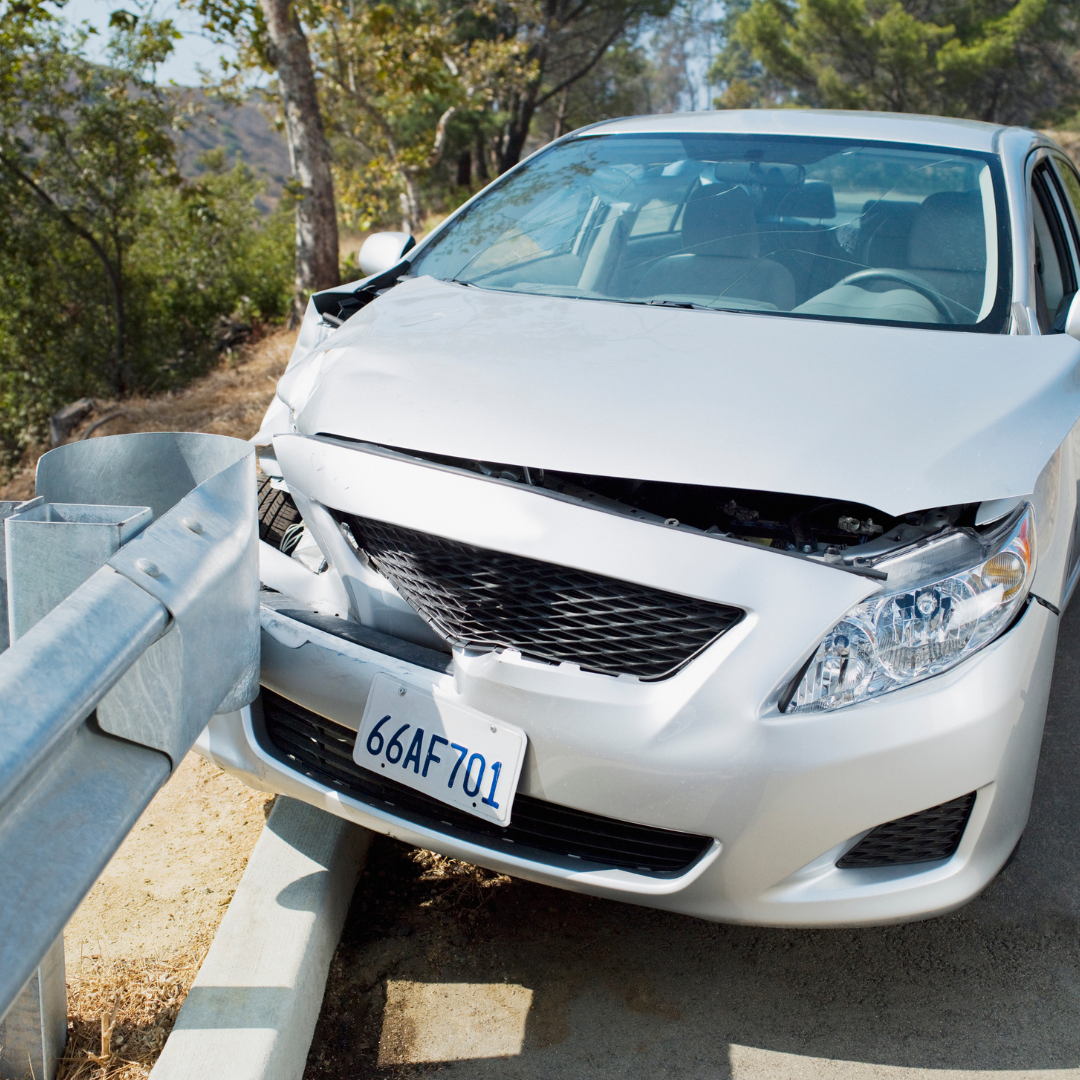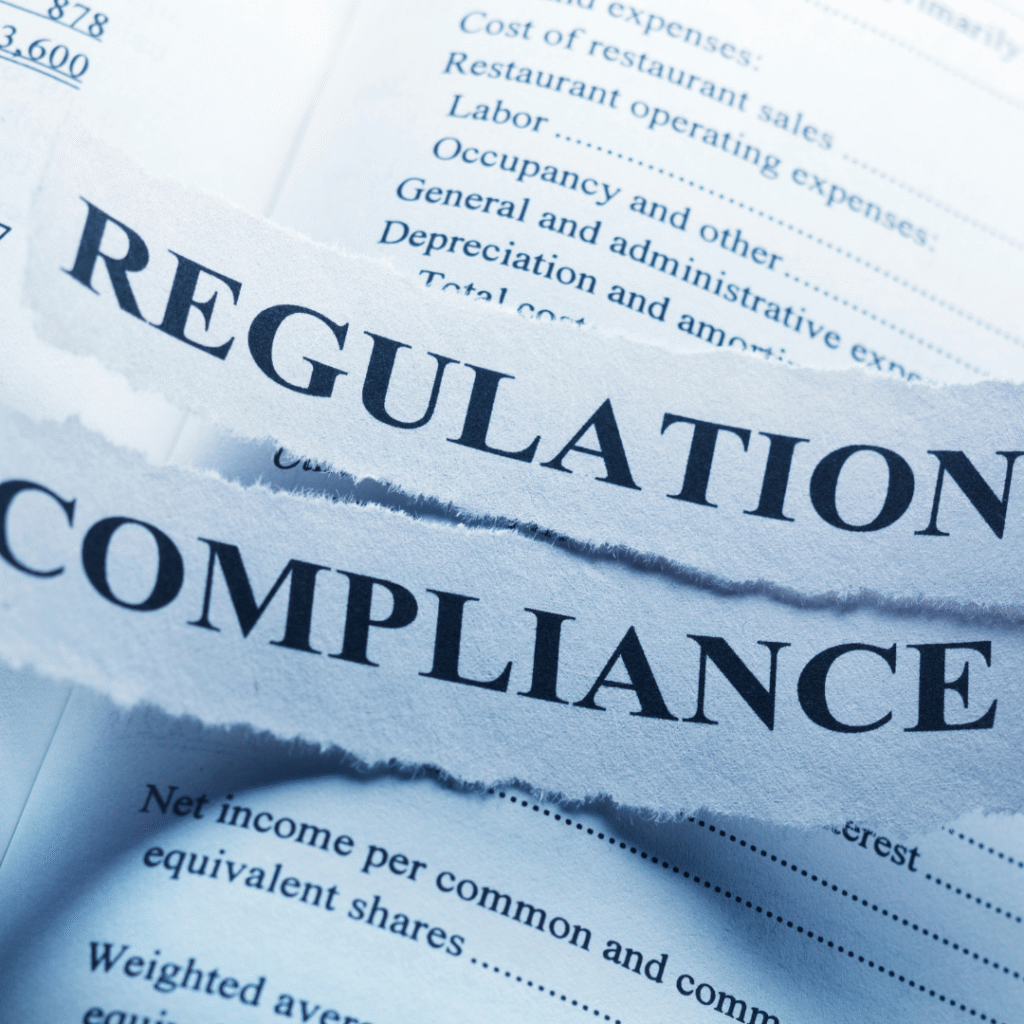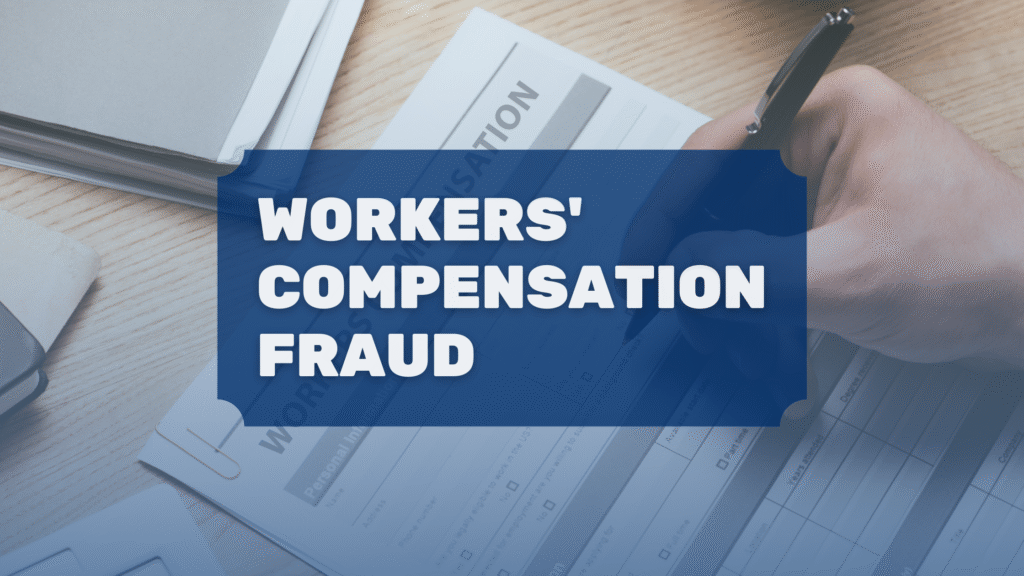May 02, 2025 | JacobiJournal.com — Workers compensation commute rule was at the center of a recent California appellate decision involving a disputed carpool exception. On May 2, 2025, JacobiJournal.com reported that the court reaffirmed the long-standing “going-and-coming rule,” holding that an employee injured while carpooling in a privately arranged ride with a co-worker was not entitled to employer liability coverage—even though the co-worker received a small travel stipend from the employer.
Background: The Going-and-Coming Rule
Under California workers’ compensation and liability law, the workers compensation commute rule—also known as the going-and-coming rule—generally exempts employers from liability for employee injuries or torts that occur during the employee’s commute to and from work. Exceptions to this rule exist, particularly when the commute is considered part of the scope of employment or when the employer receives a direct benefit from providing or arranging transportation.
Case Details
The case involved an employee who was injured in a car accident while carpooling with a co-worker. The co-worker had coordinated the carpool arrangement informally and received a modest stipend from the employer intended to encourage carpooling and reduce parking congestion.
In its analysis, the court reviewed whether this situation could qualify as an exception under the workers compensation commute rule, which determines when an employer can be held liable for commute-related injuries. Ultimately, the court found that the stipend did not transform the co-worker into an agent of the employer, nor did it constitute sufficient employer control to make the carpool trip fall within the course of employment.
The ruling emphasized that the workers compensation commute rule continues to exclude most voluntary carpools from coverage, even when small incentives are provided, unless the employer directly mandates or manages the transportation arrangement.
Court’s Reasoning
Court Rejects Carpool Exception, The panel emphasized that the employer neither mandated the carpool nor exercised control over the transportation. Therefore, the injury sustained during the commute remained outside the scope of employment. The court declined to extend liability under the exception to the going-and-coming rule, noting that doing so would significantly blur the boundary between personal and work-related travel.
This decision reaffirms longstanding precedent that voluntary carpools typically do not qualify for exceptions to the going-and-coming rule—even when small employer incentives are involved.
FAQs: About the Workers Compensation Commute Rule
What is the workers compensation commute rule?
The workers compensation commute rule limits employer liability for injuries sustained during an employee’s normal commute.
Are carpools covered under the workers compensation commute rule?
Generally, voluntary carpools are not covered unless they are required or directly controlled by the employer.
Why does the workers compensation commute rule matter?
It sets clear boundaries between personal travel and work duties, helping define when injuries are work-related.
Can employer-provided stipends affect the workers compensation commute rule?
In most cases, small employer-provided travel stipends do not override the workers compensation commute rule. Unless the employer exerts significant control over the transportation or makes it a work requirement, commute-related injuries typically remain outside the scope of workers’ compensation coverage.
How does the workers compensation commute rule apply to remote or hybrid employees?
For remote or hybrid employees, the workers compensation commute rule usually applies only to travel between home and the employer’s physical workplace. Trips made purely for personal reasons are not covered, but if travel is required for a specific work assignment, different rules may apply.
Want to stay ahead of legal developments in employment and workers’ compensation? Visit JacobiJournal.com for detailed case law analysis, fraud updates, and court rulings that matter to legal, insurance, and HR professionals.
🔎 Read More from JacobiJournal.com:
- San Joaquin County DA Secures Felony Conviction in Workers’ Comp Fraud Case
- Fired State Employees Exposed Personal Data of 33K Texans
- Investigators Tie Trio to $2.4 Million in Losses Across Southern New England
- Heritage Sues Adjuster for Libel Over ’60 Minutes’ Report
- Cargo Theft Surges in 2024, Led by California, Texas, and Florida






